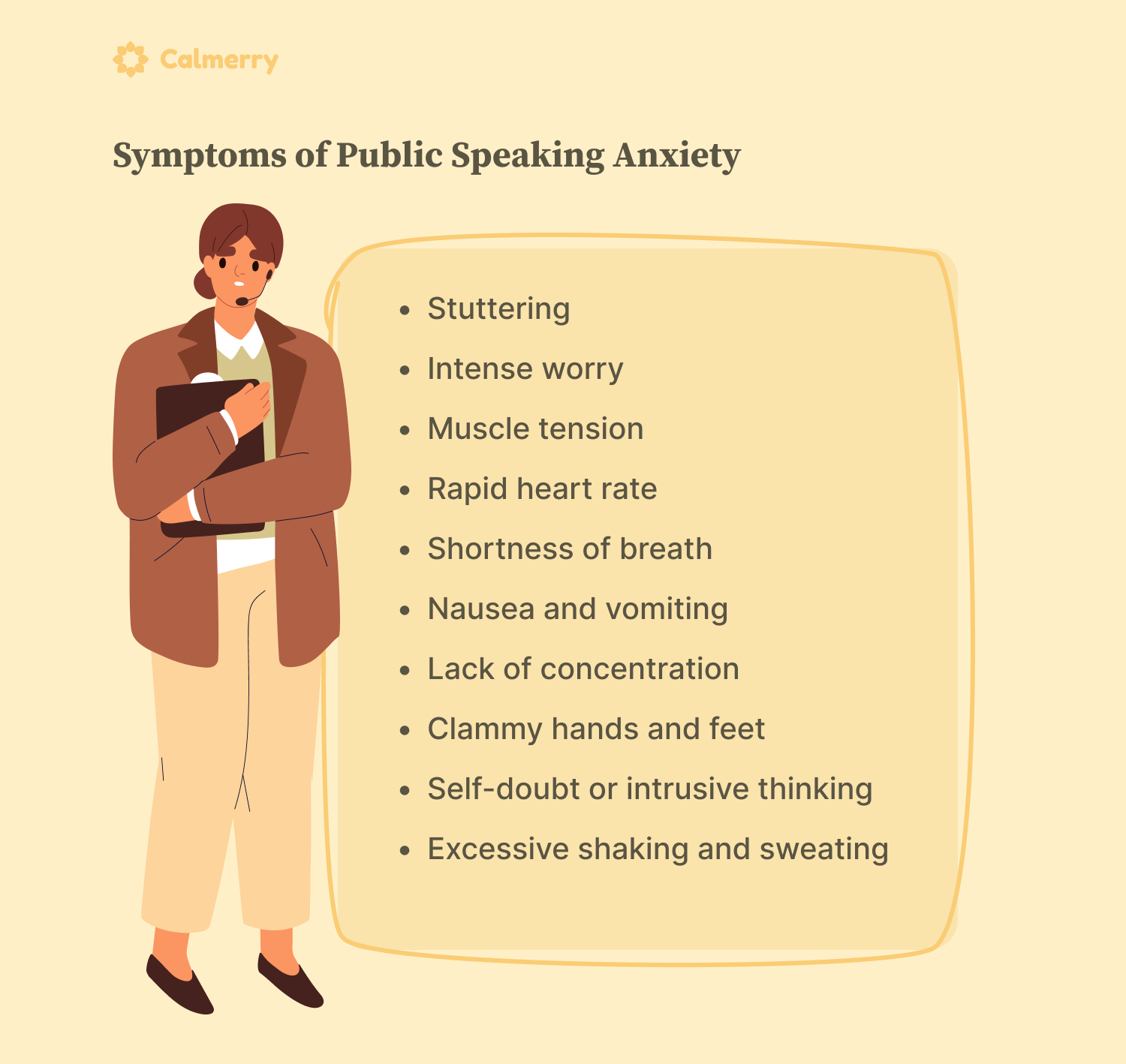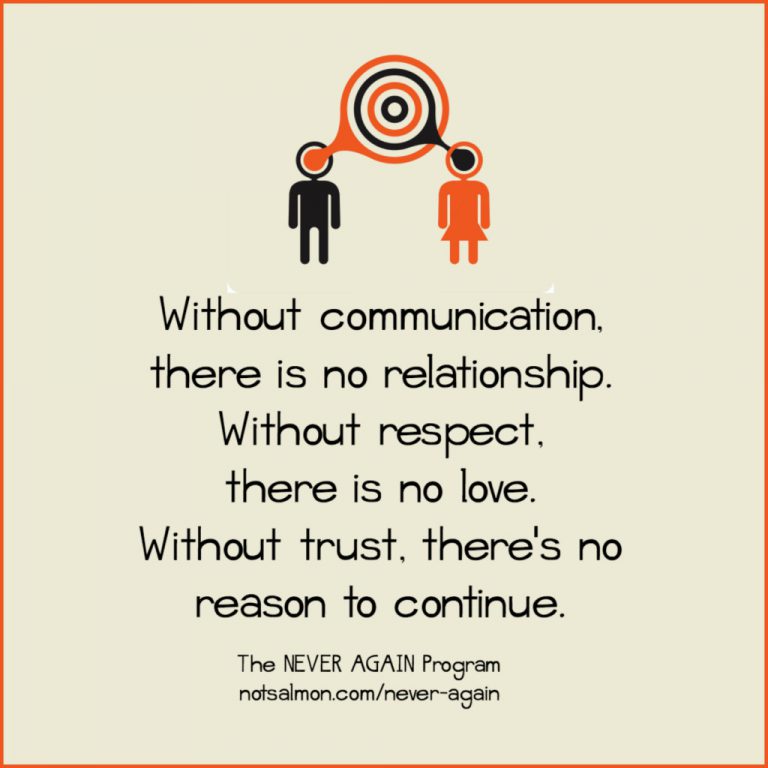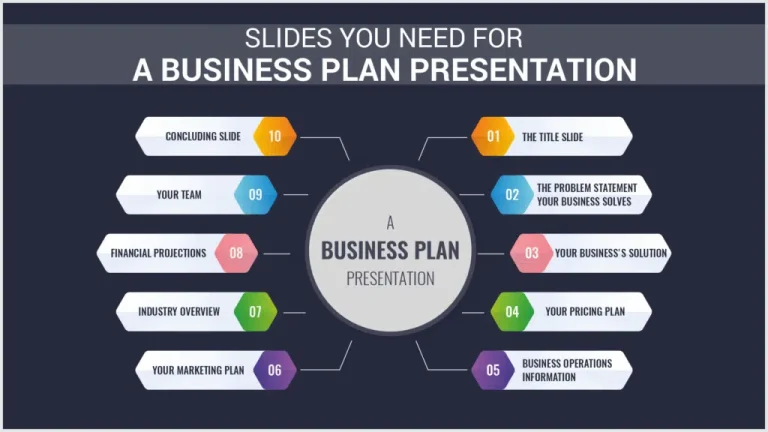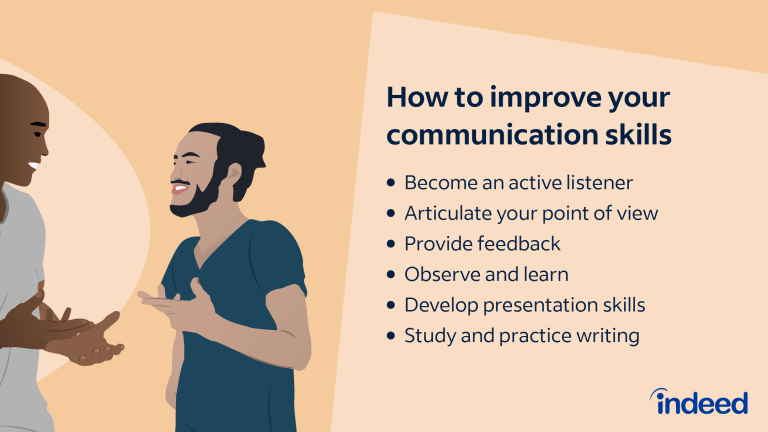What Helps With Public Speaking Anxiety?
Public speaking can be intimidating, can’t it? It’s that feeling of nervousness and anxiety that creeps up when you’re about to stand in front of a crowd and share your thoughts. But fear not! In this article, we’ll explore what helps with public speaking anxiety and discover some techniques to overcome those jitters.
Picture this: you’re preparing for a big presentation, and your heart starts racing, your palms get sweaty, and your mind goes blank. Trust me, it happens to the best of us. But here’s the deal: there are strategies you can use to manage that anxiety and boost your confidence on stage. And guess what? They’re not as complicated as you might think!
So, if you’ve ever wondered how to conquer your fear of public speaking and deliver a killer presentation, you’re in the right place. Let’s dive right in and explore what helps with public speaking anxiety. Get ready to unlock your inner speaker and wow your audience like a pro!

What Helps with Public Speaking Anxiety?
Public speaking anxiety is a common fear that many people experience. The thought of standing in front of a crowd and delivering a speech can be overwhelming and nerve-wracking. However, there are several strategies and techniques that can help alleviate this anxiety and make public speaking a more manageable and even enjoyable experience.
In this article, we will explore seven effective ways to calm public speaking anxiety. Whether you are a novice speaker or someone who frequently speaks in public, these tips will help you gain confidence, control your nerves, and deliver a compelling speech that leaves a lasting impact on your audience.
1. Prepare Thoroughly
One of the most effective ways to combat public speaking anxiety is through thorough preparation. Before you step on stage, make sure you have a deep understanding of your topic and have practiced your speech multiple times. Research your subject matter extensively, gather relevant data and facts, and organize your thoughts in a clear and logical way.
By preparing thoroughly, you will feel more confident in your knowledge and ability to deliver your speech. Write a script or create bullet points to guide your presentation, and practice delivering it out loud. This will not only help you become familiar with the content but also allow you to work on your pacing, intonation, and body language.
Additionally, consider rehearsing in front of a mirror, recording yourself, or even practicing in front of a small group of trusted friends or family members. These exercises will help you identify areas where there is room for improvement and give you the opportunity to refine your presentation.
2. Visualize Success
Visualization is a powerful technique that can help reduce anxiety and improve performance in various areas, including public speaking. Before your speech, take a few moments to visualize yourself delivering a successful and engaging presentation. Imagine yourself confidently speaking, connecting with the audience, and receiving applause and positive feedback.
Visualizing success can help reprogram your mind, creating positive associations with public speaking instead of fear and anxiety. By visualizing and focusing on a positive outcome, you can build confidence and reduce the nerves associated with public speaking.
Combine visualization with deep breathing exercises to further relax your body and mind. Take slow, deep breaths, holding each breath for a few seconds before exhaling. This rhythmic breathing technique can help calm your nerves, reduce anxiety, and enhance your overall sense of relaxation and control.
3. Utilize Proper Body Language
The way you present yourself physically can have a significant impact on your public speaking performance and overall confidence. Pay attention to your body language and utilize proper techniques to project confidence and engage with your audience.
Start by maintaining good posture, standing tall with your shoulders back and your head held high. Avoid crossing your arms or fidgeting with your hands, as these actions can convey nervousness or discomfort. Instead, use open gestures and make eye contact with different members of your audience to establish a connection.
Another technique to enhance your body language is intentional movement. Utilize the stage or the space in which you are speaking to move purposefully and engage with your audience. Incorporate hand gestures, facial expressions, and changes in your vocal tone to make your speech more dynamic and engaging.
4. Practice Mindfulness and Relaxation Techniques
Mindfulness and relaxation techniques can be incredibly helpful in reducing public speaking anxiety. These practices focus on grounding yourself in the present moment and calming your mind, allowing you to better manage stress and anxiety.
Try incorporating mindfulness exercises into your daily routine or right before a speaking engagement. These exercises may include deep breathing, meditation, or even gentle stretching and movement. By practicing mindfulness regularly, you will develop a greater sense of self-awareness, which can be immensely beneficial in managing stage fright.
In addition to mindfulness techniques, explore different relaxation methods such as progressive muscle relaxation, where you systematically relax your muscles from head to toe, or guided imagery, where you imagine yourself in a calm and peaceful setting. These techniques can help alleviate the physical symptoms associated with anxiety and promote a sense of calmness and relaxation.
5. Connect with Your Audience
One effective way to overcome public speaking anxiety is to shift your focus from yourself to your audience. Instead of worrying about how you are perceived or what others may think of you, concentrate on connecting with your audience and delivering value to them.
Remember that your audience wants you to succeed and is there to learn from you or be entertained. Start your speech with a strong opening that captures their attention and maintain a conversational tone throughout. Engage your audience by asking questions, sharing relatable stories, or using humor when appropriate.
By shifting your mindset to serve your audience, you can alleviate self-consciousness and increase your confidence. Remind yourself that you have valuable insights to offer and that your audience is eager to hear them. This shift in perspective can help reduce anxiety and enable you to deliver a more impactful speech.
6. Seek Professional Support
If public speaking anxiety persists despite your best efforts, consider seeking professional support. There are therapists and coaches who specialize in helping individuals overcome their fear of public speaking and develop effective communication skills.
A professional can provide you with personalized strategies and techniques tailored to your specific needs. They can help you address any underlying issues contributing to your anxiety and offer guidance on relaxation techniques, cognitive-behavioral therapy, or exposure therapy.
Working with a professional can be invaluable in building your confidence and developing the skills necessary to speak publicly with ease. They can also provide a supportive and non-judgmental environment, allowing you to explore your fears and develop strategies to overcome them.
7. Embrace Mistakes and Learn from Them
Public speaking is a skill that improves with practice and experience. It is essential to remember that making mistakes is a natural part of the learning process, and even the most seasoned speakers encounter hiccups along the way.
Instead of dwelling on mistakes or fearing them, embrace them as opportunities for growth. Use each speaking engagement as a chance to learn and improve. Reflect on what went well and areas where you can enhance your skills. Seek feedback from trusted individuals who can provide constructive criticism and valuable insights.
By adopting a growth mindset and viewing each speaking opportunity as a chance to learn and grow, you can gradually reduce anxiety and become a more confident and polished speaker.
Key Takeaways: What Helps with Public Speaking Anxiety?
- Practice deep breathing exercises to relax your body and calm your nerves.
- Visualize a successful presentation and focus on positive outcomes.
- Prepare and practice your speech thoroughly to build confidence.
- Engage in regular physical exercise to reduce overall stress levels.
- Seek support from a trusted friend or mentor who can provide encouragement and feedback.
Frequently Asked Questions
Public speaking anxiety can be a nerve-wracking experience, but thankfully, there are strategies and techniques that can help you overcome it. Here are some commonly asked questions about what helps with public speaking anxiety and their answers:
1. How can I calm my nerves before a public speaking engagement?
Before a public speaking event, it’s essential to take measures to calm your nerves. Start by practicing deep breathing exercises to help relax your body and mind. Additionally, visualize yourself delivering a successful presentation, focusing on positive outcomes and building confidence. Engaging in physical activities like jogging or yoga can also help reduce anxiety. Finally, don’t forget to prepare your speech well in advance and rehearse it as much as possible to feel more comfortable and confident on stage.
Remember, nerves are common, but with proper preparation and relaxation techniques, you can minimize their impact and deliver a great speech.
2. Are there any specific techniques to overcome stage fright during a speech?
Stage fright or performance anxiety is a common aspect of public speaking. To overcome it, start by reframing your mindset – instead of seeing your audience as a threat, view them as supporters and friends. You can try techniques like grounding yourself by feeling your feet on the ground, having a focal point, and using gestures to channel nervous energy. Another effective approach is to start with a strong opening, as this helps establish confidence and captivate your audience’s attention. Additionally, practicing regularly and seeking constructive feedback from trusted individuals can boost your confidence and reduce stage fright over time.
Remember, everyone experiences some level of stage fright, and it’s perfectly normal. Don’t let it hold you back from delivering a memorable speech.
3. How can I engage the audience to help alleviate public speaking anxiety?
Engaging the audience can play a crucial role in reducing public speaking anxiety. Start by connecting with your audience through eye contact and maintaining an enthusiastic tone. Incorporate interactive elements into your presentation, such as asking questions or encouraging participation. This helps create a more dynamic atmosphere and lessens the pressure of being the sole focus of attention. Additionally, use relatable stories, humor, or personal anecdotes to make a deeper connection with your audience. By involving them in your speech, you will feel more at ease knowing they are actively engaged and interested.
Remember, the audience wants you to succeed, and by actively engaging them, you can build a supportive and encouraging environment.
4. Can visualization exercises help with public speaking anxiety?
Visualization exercises can be an effective tool to help manage public speaking anxiety. Start by finding a quiet and comfortable space where you can relax. Close your eyes and visualize yourself delivering a successful and confident presentation. Imagine yourself speaking clearly and engaging the audience as you had hoped. By repeatedly visualizing positive outcomes, you can train your mind to associate public speaking with success, thus minimizing anxiety. Pair this technique with deep breathing exercises to help further alleviate any nervous energy.
Remember, visualization exercises require regular practice to be effective, so make it a habit leading up to your speaking engagements.
5. Are there any professional courses or workshops available to help with public speaking anxiety?
Absolutely! Several professional courses and workshops specialize in helping individuals overcome public speaking anxiety. Look for courses that focus on improving presentation skills, overcoming stage fright, and building confidence in front of an audience. These programs often provide practical exercises, personalized coaching, and opportunities to practice public speaking in a supportive environment. Whether you prefer in-person or online options, there are numerous resources available to help you conquer your public speaking anxiety and become a more confident and effective speaker.
Remember, investing in professional development and seeking guidance from experts can provide valuable techniques and support to overcome your anxiety and excel in public speaking.
By addressing your public speaking anxiety head-on and utilizing the strategies discussed above, you can develop the confidence and skills needed to deliver engaging and impactful presentations. Remember, practice makes perfect, and with time and perseverance, you’ll be able to conquer your public speaking fears.
Summary
Feeling nervous about public speaking is completely normal, but there are ways to overcome it.
Taking deep breaths, practicing beforehand, and visualizing success can help calm your nerves.
Remember, everyone makes mistakes, so don’t be too hard on yourself. Just keep practicing and you’ll get better!



